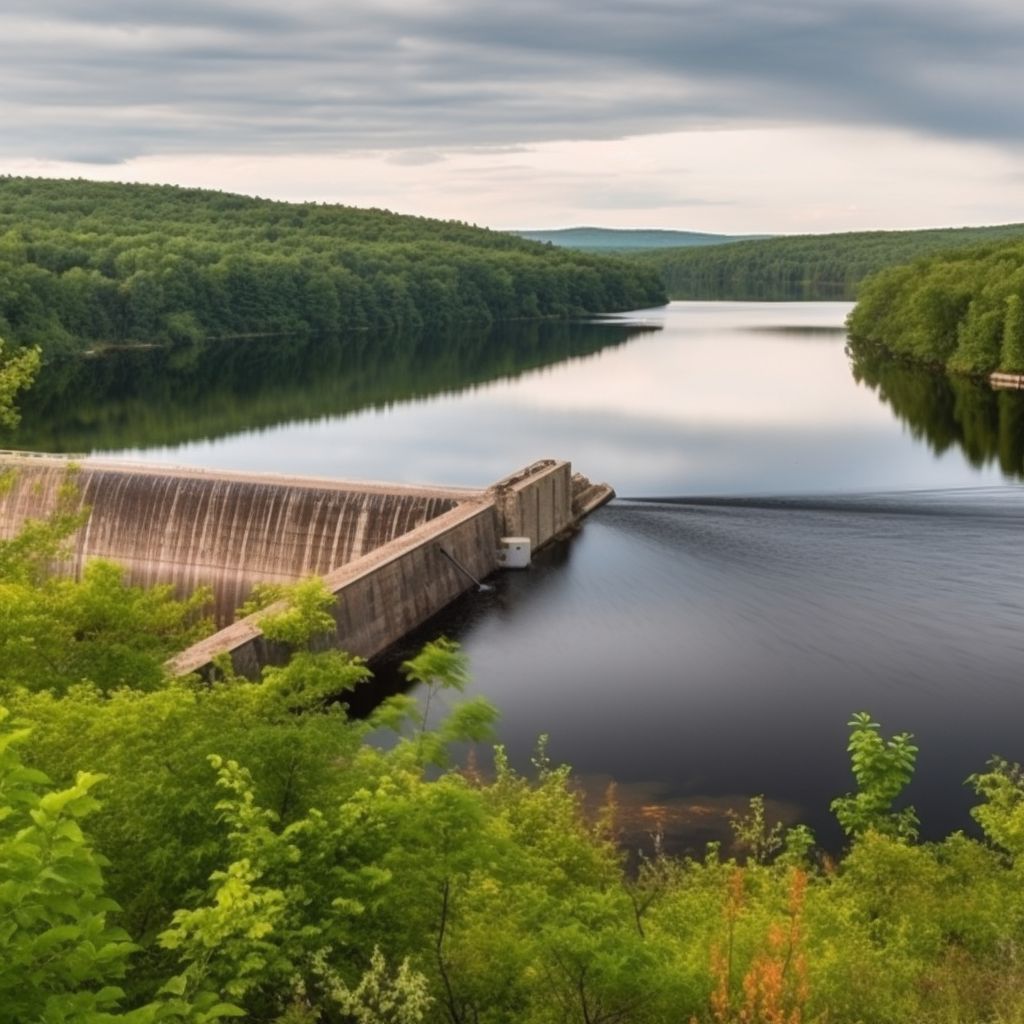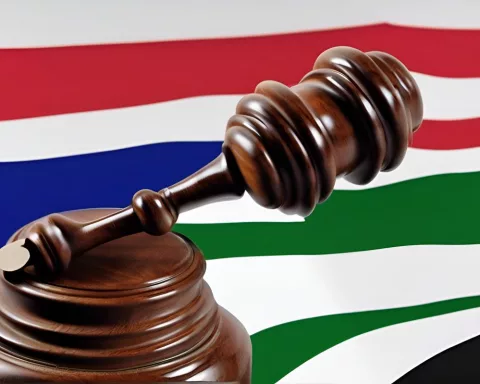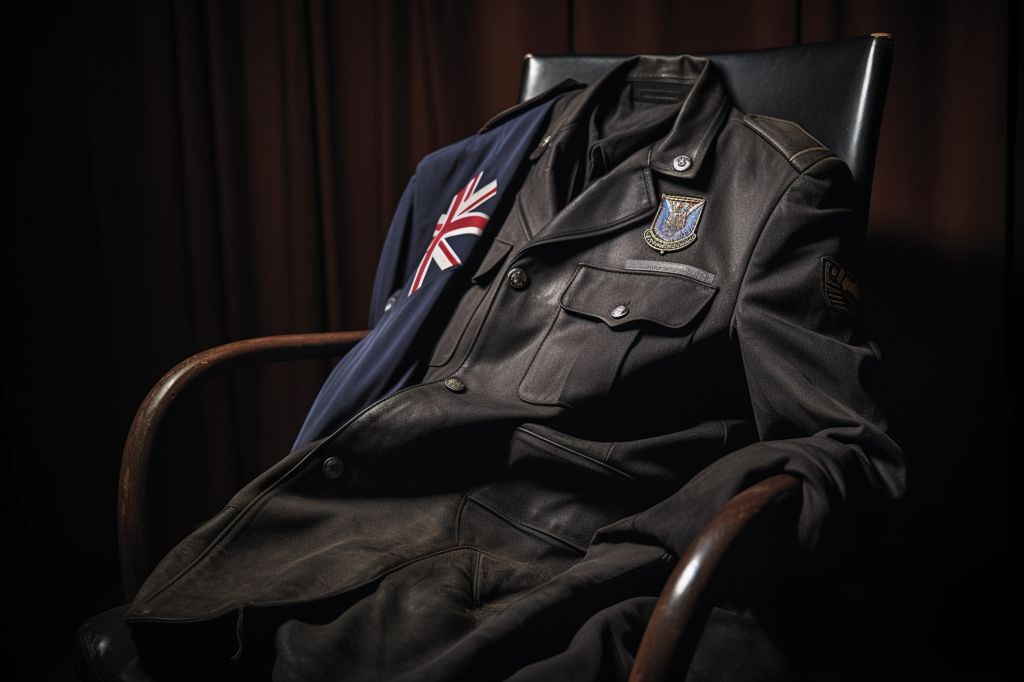The Department of Water and Sanitation (DWS) has put forward draft regulations that outline guidelines for the recreational use of state-owned dams. Interested parties have until May 23, 2023, to submit their comments on the proposed regulations, providing a valuable chance for the public to have their say on the management and use of these resources.
Objectives of the Draft Regulations
The draft regulations aim to address the access and use of government-owned waterworks and surrounding state-owned land for various recreational activities. The objectives of the draft regulations include:
Precautionary Approaches to Recreational Water Use
The regulations aim to ensure that the facilities are used responsibly and do not pose risks to public health or the environment.
Economic Growth and Employment Creation
By encouraging the development of recreational activities around state-owned dams, the DWS hopes to stimulate local economies and create jobs in these areas.
Protecting Biodiversity and Water Resources
The draft regulations are designed to protect the biodiversity of aquatic and associated ecosystems and minimize pollution of water resources, which is vital for maintaining water quality and supporting biodiversity.
Broad and Accountable Participation in Decision-Making
Those affected by decisions about the use of state-owned dams for recreation should have a say in the management of these resources.
Compatibility with Other Water Uses
The regulations aim to ensure compatibility of recreational water use with other water uses, such as agriculture, industry, and domestic use.
Safety of Recreational Water Users
Minimizing the risks associated with recreational water use and preventing accidents and injuries is also a key objective of the draft regulations.
Public Comment and Consultation Period
After the 60-day public comment period, the DWS plans to conduct extensive consultations in all nine provinces across South Africa to gather input from various stakeholders. Details on the physical consultations in each province will be communicated later.
Submitting Comments
Interested parties can submit their comments on the draft regulations via email to muira@dws.gov.za, malulekej2@dws.gov.za, and nhlabathis@dws.gov.za, by May 23, 2023.
The drafting of these regulations is a vital step towards ensuring the responsible and sustainable use of state-owned dams for recreational purposes. By seeking input from the public and consulting with stakeholders across the country, the DWS is demonstrating its commitment to inclusive and accountable decision-making. This process is an essential step in the right direction.











